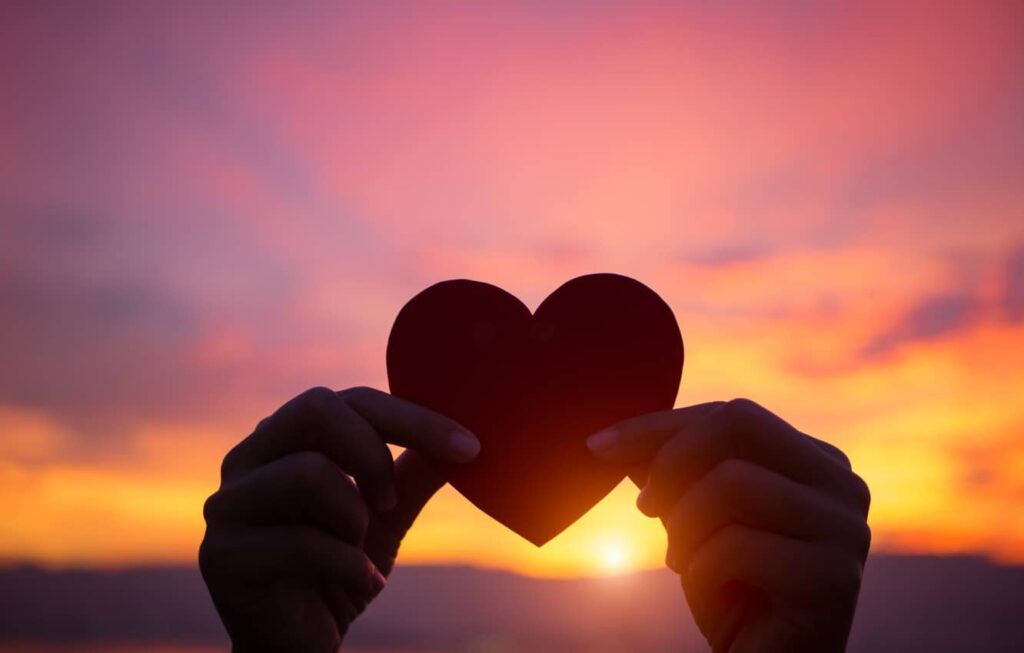
A little over a week ago, a terrible car accident happened in my small suburban town. Four teenage girls were fatally injured, and an entire community was affected. It impacted not only the deceased, the injured, and their families, but also classmates, those who witnessed the event firsthand, those who tried to help the rescue effort, and all of us who heard about it. The next evening, the surrounding towns came out for a vigil, tears were shed, stories were told, and candles were placed. People coming together in such a clear example of how we as human beings bond through grief.
Empathy Creates Belonging
I remember how my Uncle Cyril, an important mentor for me, dealt with grief in his company. Much of the time, his leadership style was impassioned and irascible in a way many found intimidating. However, he was always keenly attuned to what was going on personally with his 2,000 employees. If someone had a family member pass away, he was the first to send a heartfelt personal note with flowers. Small acts of kindness that always stuck with me. He had a superpower in building a culture bonded on the heart level.
Survey after survey today reveals how people are missing a sense of community. Most of us are more motivated, more effective, and more loyal when we feel like we are fully welcome, like we belong.
Great leaders who understand how to create this sense of belonging include grief, sadness, and pain in their toolkit.
When someone we care for goes through grief, our first gift is our empathy. To be present, hear, and feel the pain with them. We restrain the temptation to try to make them feel better, and don’t try to advise them how to move on. Oftentimes, we don’t know what to say, but we can just be there to lend an ear.
Notice How People Care
With some people with whom we may work or live more closely, the opportunity opens up to go deeper. I notice that when a person loses a loved one, they will find a way to remember or memorialize that person internally.
For example, I feel my mum in how sensitive I am to criticism, especially from females. I feel my dad’s energy right inside my body when I am nervous, trying to make sure I do something right. It has helped me enormously to recognize these triggers, not as dark faults in my character, but as ways of loving.
We can remember by joyfully celebrating the connection that is now lost, reflecting on the sweet moments, and how we are better for what that person inspired in us. But if we can’t do it joyfully, we will remember painfully. We don’t want to become the person who numbs discomfort through distraction or lashing out. Yet still the triggers are there.
Help People See Their Pain as a Form of Love
As many of you know, we recommend a weekly meditative thinking session, where you think about the gifts, strengths, and qualities of the people you are close with. You can also use such a meditation to notice and feel their pain.
Whatever pain you notice is a gateway. It is a way of getting to know the person’s capacity to care. You will, in some way, feel how they engage with people, places, and things in a way that really matters to them.
Sometimes we are lucky enough to have a moment where we help a client or colleague find a new way to internally memorialize a lost loved one. To use the feeling of loss as a trigger to remember her or his greatness or tenderness in a beautiful and fitting way.
Whether or not we get to witness that kind of healing, whether we ever talk about the topic at all, we are always able to be interested in another’s pain. Not only interested but instinctively able to see it as love. As you hold it that way, you help the person experience what previously shut them down as evidence of how much and how deeply they care.
All the best,
David Lesser
